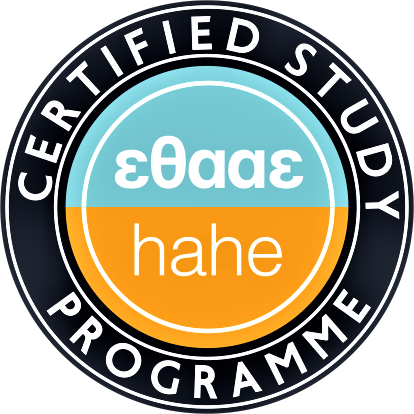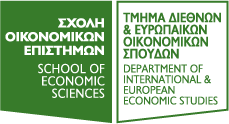Public Economics
Number of credits allocated: 6 ECTS Credits
LEARNING OUTCOMES OF THE COURSE UNIT:
Students who finish this course will be familiar with the role of the government in modern economies. They are able to identify situations where market may fail to promote social welfare. They have an understanding of the concepts of public goods and externalities. They know how the level at which goods and services such as national defense, highways, environmental regulation, welfare, social security, health, and education, are determined. Students are able to understand the macroeconomic and distributional effects of these expenditures.
PREREQUISITES: None
COURSE CONTENTS
The course aims to introduce students in Public Economics is the field of economics that deals with the way the State and more specifically the policies of public expenses and taxation influence the consumer welfare. According to the Budget, the total state expenses for 2008 were about 68.4 billion Euros, that correspond in the 27.9% of the country’s GNP and also correspond in 6.12 thousand Euros for each man, woman and child. The state spends these 68.4 billion Euros for goods and services, transfer payments interest of the national debt. It is obvious that the State and its policies play an important role in the citizens’ life. So some of the most crucial problems of our times are subject of Fiscal Economics. For example, police protection, social insurance, sanitary care, education, tax competition within the EU and licenses for satellite and cable television are subject of Fiscal Economy. In our analysis we identify two categories: the positive analysis, where we examine what is happening and the ethical analysis where we examine what should have been happening in concern with the above policies. Measurement and theory are used alternatively for the study of relative problems and the conduct of theoretical and practical conclusions.
RECOMMENDED READING
- Public Finance (set), H. Rosen-T. Gayer-Rapanos B. Kaplanoglou, Publications Kritiki (recommended bibliography)
- Special Topics in Microeconomics, B. Tzouvelekas, Publications Kritiki (alternative bibliography)
TEACHING METHODS
2 regular two-hour lectures per week/ tutorials /internet-based communication (e-class) with students/case studies
ASSESSMENT METHODS
Final written exam / mid-term exams / written assignments
LANGUAGE OF INSTRUCTION
Greek – English





